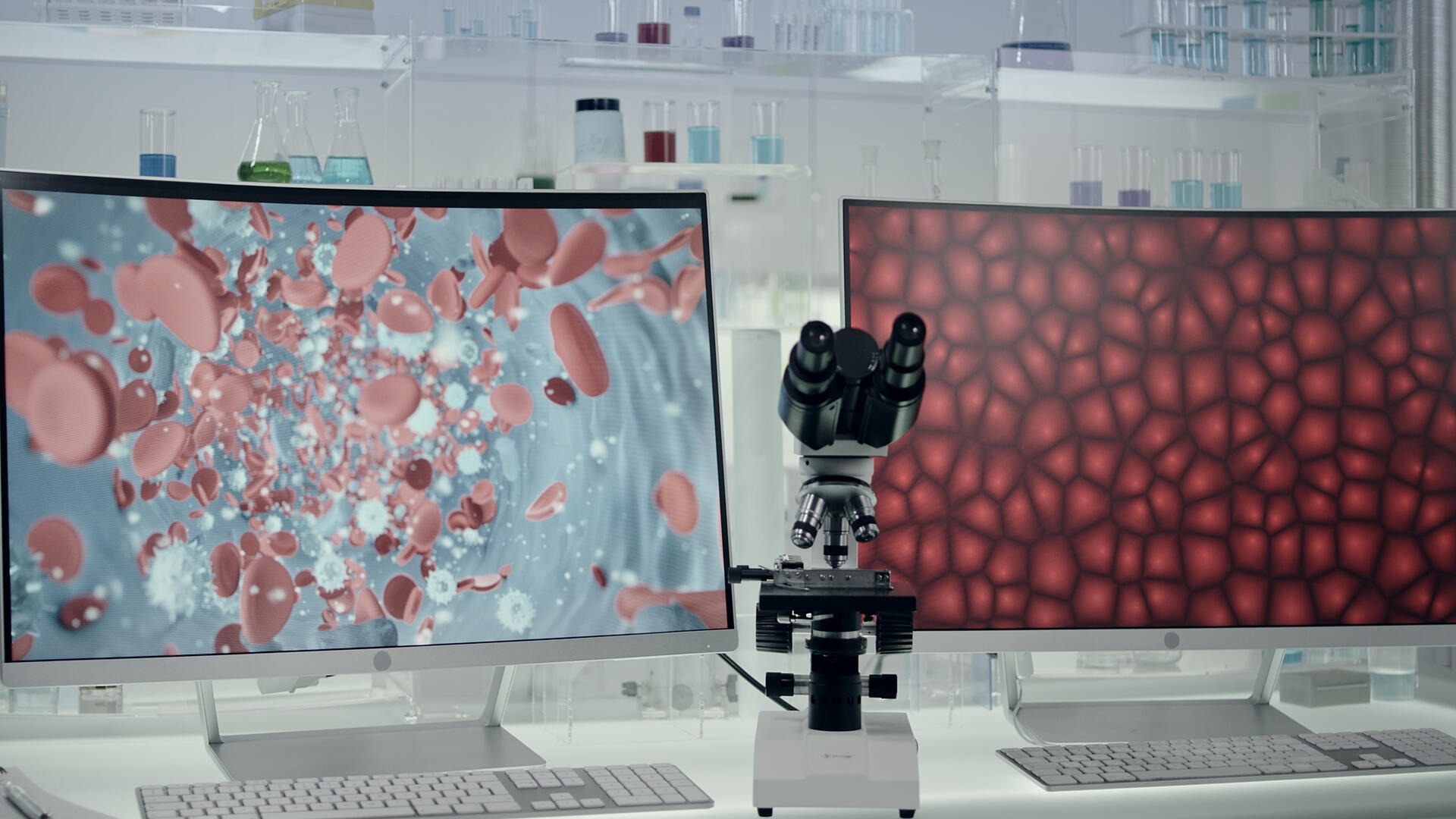Scientists are employing machine learning to examine the structure of unfamiliar cells, potentially opening the door to improved personalized medicine for addressing cancer and other serious ailments.

Image Credit: University of Waterloo
Researchers at the University of Waterloo have developed GraphNovo, an innovative program aimed at enhancing the understanding of peptide sequences within cells. Peptides, which consist of chains of amino acids, play a vital role as fundamental and distinct building blocks, comparable to DNA or RNA.
In individuals with a robust immune system, the immune response accurately identifies peptides from abnormal or foreign cells, such as cancer cells or harmful bacteria. This recognition directs the immune system’s efforts toward the destruction of these cells.
In situations where the immune system is compromised, the emerging field of immunotherapy strives to re-educate the immune system, empowering it to effectively recognize and combat these threatening invaders.
What scientists want to do is sequence those peptides between the normal tissue and the cancerous tissue to recognize the differences.”
Zeping Mao, Ph.D. Candidate, Cheriton School of Computer Science, University of Waterloo
Under the head of Dr. Ming Li, Mao developed GraphNovo.
The sequencing of genetic information becomes notably challenging when dealing with emerging diseases or cancer cells that lack prior analysis. While scientists can refer to an established peptide database for previously studied diseases or organisms, the individualized nature of each person’s cancer and immune system presents a formidable obstacle.
To rapidly generate a profile of peptides in an unfamiliar cell, scientists employ a technique known as de novo peptide sequencing, utilizing mass spectrometry for swift analysis of new samples. However, this method may lead to incomplete or entirely absent peptides in the sequence.
GraphNovo, utilizing the power of machine learning, significantly enhances accuracy by filling in these sequence gaps with the precise mass of the missing peptides.
This improvement in accuracy holds great potential across various medical domains, particularly in cancer treatment and the development of vaccines for diseases such as Ebola and COVID-19. The researchers attribute this breakthrough to the University of Waterloo's commitment to advancing the convergence of technology and health.
If we don’t have an algorithm that’s good enough, we cannot build the treatments. Right now, this is all theoretical. But soon, we will be able to use it in the real world.”
Zeping Mao, Ph.D. Candidate, Cheriton School of Computer Science, University of Waterloo
Source:
Journal reference:
Mao, Z., et al. (2023) Mitigating the missing-fragmentation problem in de novo peptide sequencing with a two-stage graph-based deep learning model. Nature Machine Intelligence. doi.org/10.1038/s42256-023-00738-x.